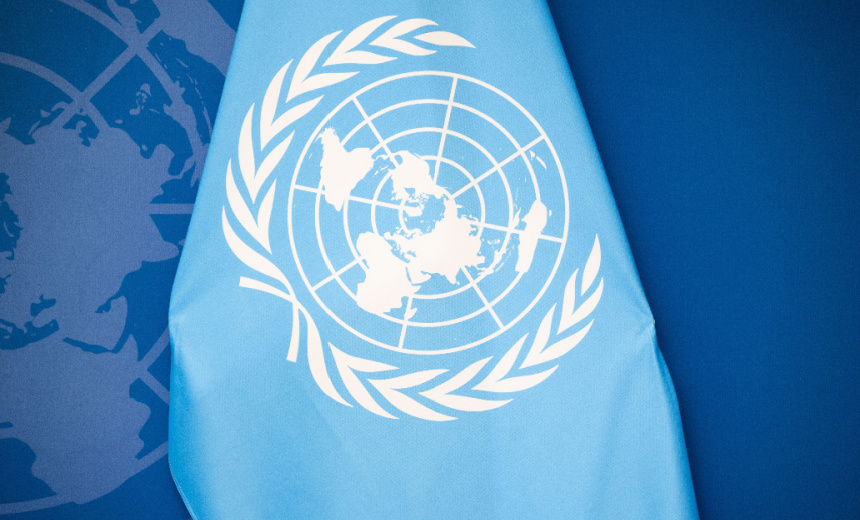Cybercrime,
Fraud Management & Cybercrime,
Standards, Regulations & Compliance
U.S. to Push for Human Rights Protections in Support of Cybercrime Treaty

The Biden administration has reiterated its intent to support a United Nations cybercrime treaty, a proposal initially introduced by Russia, despite growing concerns from Western tech and cybersecurity sectors. Critics argue that the treaty poses a risk of criminalizing legitimate security research while broadening police surveillance capabilities.
The UN treaty negotiations, which have been ongoing since 2017, reached a conclusion in July of this year. The head of the Cybersecurity Tech Accord, representing over 150 global tech companies, lamented that both the U.S. and the European Union have not sufficiently addressed key issues raised by the private sector and civil society. Statements made early in the negotiations signposted a significant disquiet among industry representatives, highlighting the potential detrimental impacts on global cybersecurity measures.
Administration officials acknowledged industry trepidations but emphasized the treaty’s potential to enhance international law enforcement cooperation aimed at combatting cybercrime. They asserted that ongoing advocacy for human rights safeguards from member nations is paramount, as is continued dialogue with stakeholders to navigate and mitigate the risks associated with the convention.
In a significant statement released earlier this year, Human Rights Watch, along with over 100 international organizations, urged member nations to reject the treaty unless substantial changes were made. The involved groups criticized the draft for failing to protect essential rights for security researchers, whistleblowers, and journalists, while remaining overly broad in its criminalization requirements.
Russia’s push for a UN-led convention on cybercrime began in 2017, despite existing frameworks such as the Budapest Convention on Cybercrime, which has been active since 2004 and ratified by numerous countries across various regions. The General Assembly’s approval of negotiations in December 2019 came amid allegations that Russia aimed to extend its influence in the realm of cybersecurity and global regulations.
During the negotiation process, major technology firms, including Microsoft, articulated serious concerns regarding the evolving drafts of the treaty. They expressed disappointment over unresolved issues, indicating that consensus has not been achieved on fundamental matters, including the treaty’s scope and intended purpose.
Concerns from security researchers indicate a potential for misuse of the treaty provisions, particularly with regard to the criminalization of benign acts, such as minors unintentionally sharing personal images. Additionally, experts fear that the treaty could expose researchers and journalists to legal repercussions, precariously undermining their efforts. Many industry stakeholders argue that instead of creating new frameworks, there should be improved enforcement of existing international agreements to effectively address the escalating threat of cybercrime.
